If you’re looking for some easy language activities for Valentine’s Day, then you’re in the right place! In episode 28 of The Speech Space Podcast, I discuss some super-simple ideas that you can easily implement in your speech therapy sessions. Check the links and resources section below for the link to the freebie that was mentioned!
Links & Resouces
Full Transcript of Podcast: Speech and Language Activities for Valentine’s Day
Episode 28 - Speech and Language Activities for Valentine’s Day
You're listening to the Speech Space podcast, a podcast full of tips and resources for SLPs. I'm your host, Jessica Cassity, and this is Episode 28.
Hey you guys, thank you so much for tuning in today! Valentine's Day is coming up next week and you know, holidays are always a fun time to sneak in some speech and language goals without making it seem like you're doing therapy, which is sometimes nice with some of your students that don't always like to engage in the more structured tasks. So, today I'm here to talk to you about some ideas to use with your students this Valentine's Day. And I did wanna just apologize; I am recovering from a cold, I guess, so you guys can probably hear that a little bit in my voice. So, I'm just gonna keep it short and sweet today and hopefully, next week I'll be sounding a little bit better.
So, one of the first activities that I have for you guys is to use conversation hearts. Now those are nice because they're relatively inexpensive, they're pretty easy to find around Valentine's Day, and I find them to be really good conversation starters. So I think this would be a great activity to use in a social skills group. And, you know, you just pass out the conversation hearts and you can kind of just let the students lead a little bit. I do have some ideas for some different questions that you could ask. So you could have each student pick out a couple of conversation hearts and you could ask them, like for example, say they drew a heart that said "Be mine." You could ask them what does it mean when someone says, "Be mine?" Is this expression literal or figurative language? Why would you say this to someone? Who would you say it to? Who would you not say this to? So those are some nice prompts just to kind of get the conversation started, but I find that once you do that students often will kind of take it from there and engage amongst themselves. And I mean, it depends on what type of social skills group it is. If it's a chattier group, you know, you might not have to say too much. If it's one that needs a little bit more prompting, then you can use some of those questions that I just suggested.
Now, my next idea is to work on wh-questions. And you can do this using Valentine's Day cards that your students have collected at a class party. Or, cards that you've even made together in your speech therapy session that they plan to give out to friends or family. So what you can do is have each student choose a card from a pile, hopefully, we have multiple cards. So you could even just use a bunch of blank Valentine's if you wanted and just have them kind of make it up or you could fill them out yourself. So some ideas for questions that you could ask about the Valentine's, some wh-questions: Who is this card for? Where did you get the card? Where will you put the card? What is on the card? What do you like about this card? When will you give this card away? Why did you choose this card? And why are you giving this card to say whoever they're giving it to? So why are you giving this card to Sally? So those are so nice wh-questions that you can ask over and over about each different card because most of them are going to look different and they're going to be for a different recipient. And and the repetition can be nice as well.
All right, so for the next one we are going to be working on adjectives. And for this you need a variety of candy. So things like assorted chocolates, sweet tarts, nerds, really just whatever you can get your hands on. And what you're going to do is have your student choose three different pieces of candy and before they're able to eat the candy, you wanna have them describe how each candy is the same or different. So maybe they say "They're both chocolate candies," or "They're both heart-shaped," or "One is round and one is square." So you're having them kind of compare and contrast there. And after they eat the candy, they must describe how it tasted or what it was like when they ate it. So this is where we really tap into the descriptive language for things like chewy, crunchy, sweet, sour, et cetera. So that's a really fun one obviously, because everybody likes to eat candy.
And then my next idea is for following directions. So for this one you wanna have some sort of Valentine's Day treat or prize for your students. It could be something as simple as a card or a sticker, a pencil, you know, just something as simple and easy. And what you're going to do is you're going to hide these around your room and then give your students directions and clues to find them. So, you might say, for example, you might say, "Walk over to the door and take three steps to the left." And you're kind of just gonna guide them around the room or wherever it is that you've hidden your object. And just continue to give them directions to help them find their prize that you hid for them.
Now, the next and last thing that I have a suggestion for is to work on articulation. And for that you just need some construction paper and scissors. And what you're going to do is you're just going to cut out a lot of hearts. So you're gonna cut out as many as you can cut out. And then when your students come in, you're going to have them, either you can write or they can write, their articulation words with their target sound on the hearts. And then you're going to have them glue them all together to make a heart wreath. So you can either have them glue them just to the other hearts so they all kind of connect or you can have them glue them on a plate with a circle inside of a cutout inside of it. So, the choice is yours, you know, it's one less thing if you don't do the plate. So they could just as easily glue the hearts together, but as they glue each one on you can have them practice their target sound. And the great thing about this is that they can also take it home for even more practice.
So do you have any special activities that you'd like to do with your students? I would love to hear about them if you do. My email is jessica@thedigitalslp.com and I also wanted to let you know that if you're looking for some more cute ideas, I have a Pinterest board called Crafts and Snacks where I recently just pinned a bunch of stuff for Valentine's Day. So lots of little crafts and activities on there. So if you just go on Pinterest and you search The Digital SLP, you should be able to easily find me and then just click my boards and it's called Crafts and Snacks. And if you're looking for some more ideas for Valentine's Day activities, I've got some in my TPT store, one of which is a free Valentine's Day idiom cards activity. So you can get that by going to bit.ly/vdayidiomfreebie. Or you could also just go to Teachers Pay Teachers and search The Digital SLP. And in my store click on freebies, but it's a lot easier if you just wanna put in bit.ly/vdayidiomfreebie.
All right, you guys, I hope that you enjoyed listening today and that you weren't super annoyed by my sickly voice, and that you found these ideas to be helpful. I'd love to hear about it if you use any of them. Feel free to get in touch. And also, if you found this episode to be helpful, please take a second to give a five-star review on iTunes just to help your fellow SLPs find this show. Okay, that's it for me for today and have a great rest of the week.

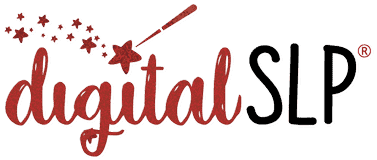
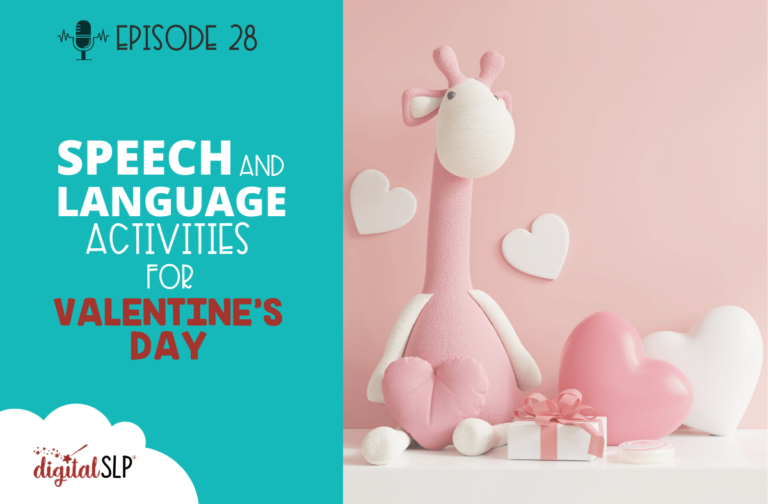
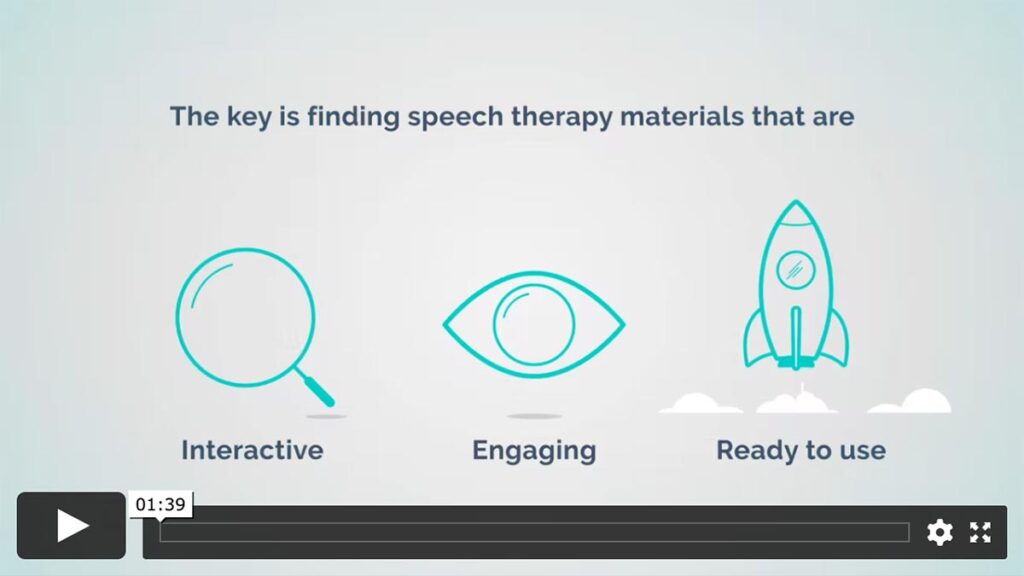


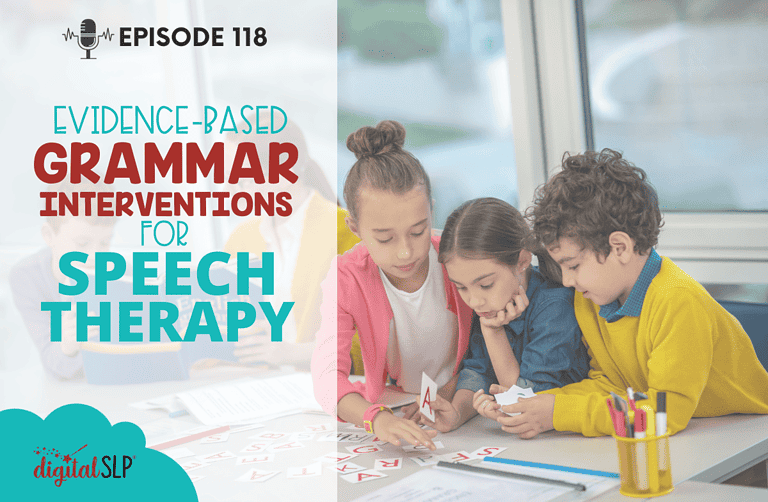


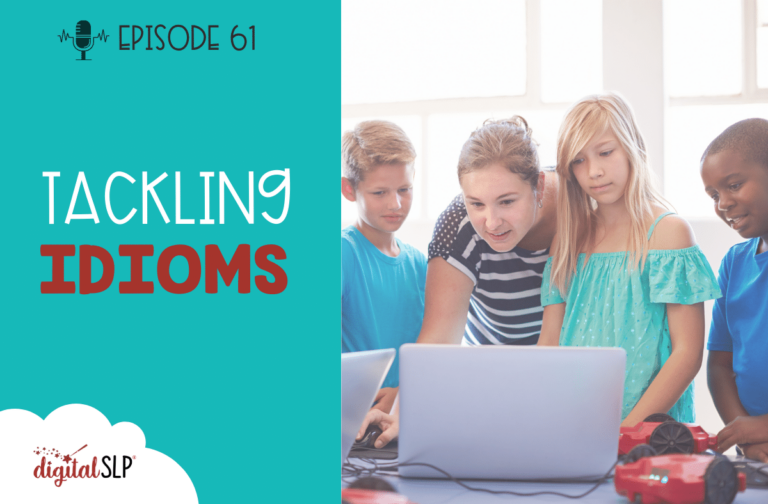



Recent Comments